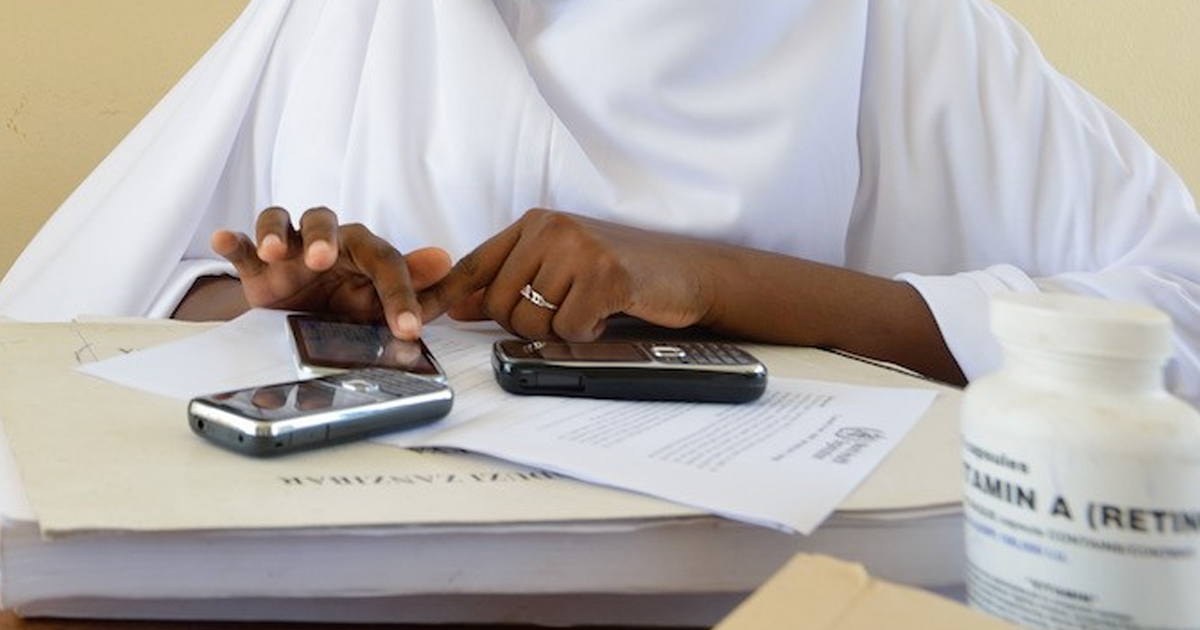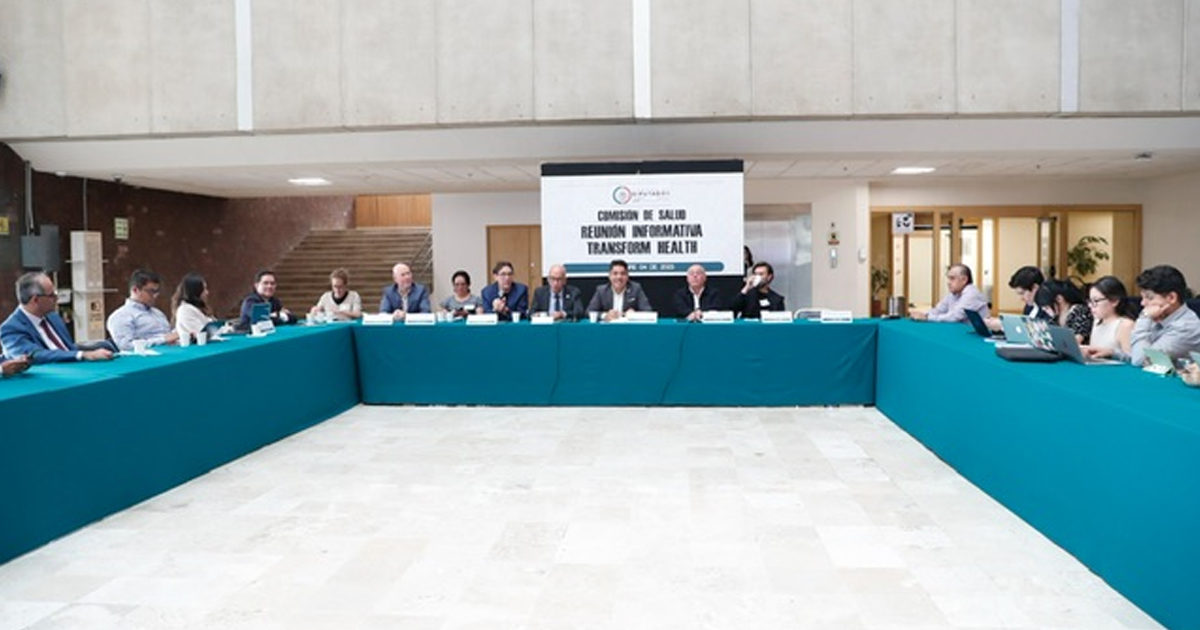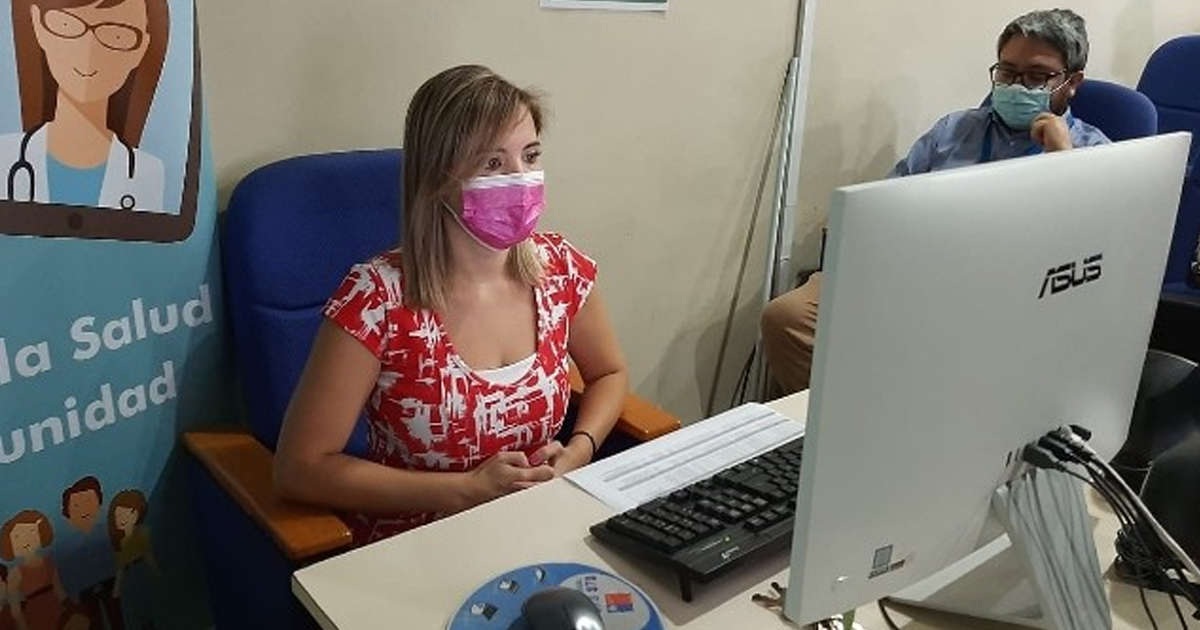The World Health Organization (WHO) has implemented digital adaptation kits for the adoption of strategies for specific problems that gradually include new technologies.
The WHO has carried out various programs related to digital adaptation, focusing its attention on the use of special kits that guarantee the quality of health care, while countries evolve and migrate to dynamic digital systems.
For example, one such program provides information on contraceptives and family planning in digital systems. To carry out these programs, the WHO has the SMART Guidelines or SMART Guidelines, whose objective is to benefit people through clinical recommendations, public health and the use of data, not only medical but also socioeconomic, demographic, among others.

The different guidelines that the WHO works support the recommendations of these guides, since they are accredited and proven to be interventions that can be adapted to country programs.
“Countries are investing heavily in digital systems to accelerate the adoption of these recommended data, public health and clinical interventions. The design, functionality, and content of digital tools and systems, which collect, share, and use patient data to drive health practices and care coordination within health systems, can ensure compliance with national guidelines and lead to better quality of care.
Digital Adaptation Kits (DAK) form a critical part of the WHO guidelines. In the case of the family planning plan strategy, the DAK was used: "Digital adaptation kit for family planning: operational requirements to implement the WHO recommendations in digital systems".
The DAKs include structured, operational and neutral information related to software, based on the clinical recommendations of the health system and the importance of the use of data. The components of the DAK include: (1) linked health interventions and recommendations; (2 people; (3) user scenarios; (4) business processes and workflows; (5) basic data elements mapped to standard terminology codes (eg ICD); (6) decision support; (7) program indicators; and (8) functional and non-functional requirements.






